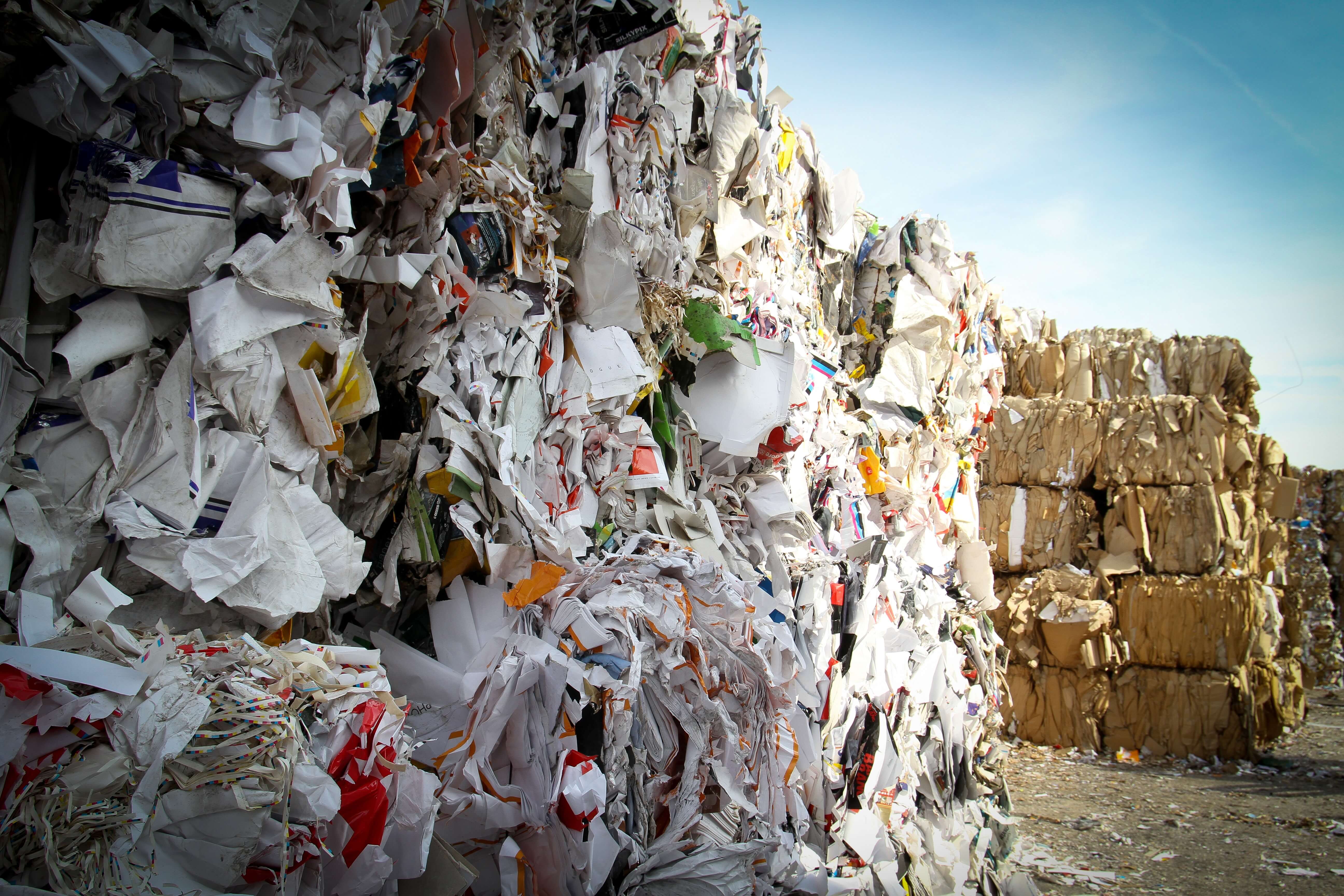
08 June 2020
No, an Environmental Management System (EMS) cannot act as a vaccine, but a good EMS really could help waste site operators get through these difficult times.
COVID19 has had a global impact, brought cities to a virtual standstill and changed our day to day lives. However, the Env. Agency will still regulate permit holders and act to protect the environment. The Government have deemed waste workers as ‘key workers’ who are essential to keeping public services running so business continues in this sector .
Social distancing requirements and the fact that many Env. Agency officers are working from home, far fewer site visits are being undertaken by the Environment Agency. I’m sure waste site operators won’t see this as a problem! However, many operators are experiencing problems due to the impacts of COVID19. I want to highlight just two of these problems and suggest how implementing a robust EMS could help.
Build up of waste on site due to the inability to process / remove it from site. This could cause a breach of your permit conditions, an increased fire risk, cross contamination of waste etc. The Env. Agency have responded by releasing a Regulatory Position Statement (RPS) that applies to the temporary exceedance of waste storage limits due to COVID19 restrictions. Basically, if you exceed your storage limit and comply with all the requirements of the RPS then the EA will not normally take enforcement action against you. Your EMS documentation will be essential in demonstrating to the Env. Agency that you have complied with the conditions of the RPS.
No ‘Technically Competent Management’ on the site. This may be due to the inability for managers to complete their Continued Competence tests, they may be furloughed, in self isolation or not able to attend the site. As part of the Env. Agency guidance it is stated that in the absence of a TCM “The operator should be able and capable of operating the plant or site through both their EMS and operations training”.
An EMS should reflect the complexity of the waste operation / site. Lower risk activities will have simpler EMS’s than higher risk activities. Gone are the days where an old Working Plan would suffice. All EMS’s should contain a number of documents including Environmental Risk Assessments, Emission Management Plans, drawings, process flow information etc. and procedures. Documented assessments and plans can be difficult, if not impossible to implement. Therefore, the EMS should bring together all the requirements of these documents into procedures. These procedures should be brief and instructional and may be associated with records that are kept to evidence the implementation of the procedure. Records are also required to evidence the training of staff on the procedures. I recently had a case where an operator was given a non-compliance score by the Env. Agency due to not having training records despite having a good EMS.
How we can help.
We can provide you with guidance on the development of your EMS or simply take care of the whole process for you. There is no generic template involved, each EMS is as unique as the sites and operators are.
We can provide training on the implementation of the EMS. Not face to face of course at the moment but as I type, we are creating online content on this very subject. Training which even furloughed staff can benefit from.
Click here to find out more about the Academy, our online resource centre.
